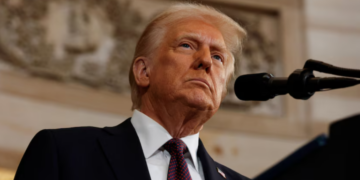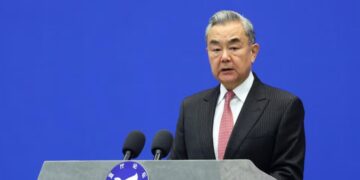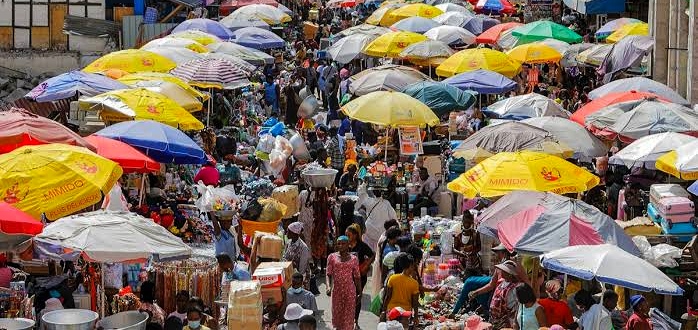By Ebi Kesiena
The expiry of a long-standing US trade deal with Africa is already placing hundreds of thousands of jobs and scores of businesses across the continent at risk, fuelling concerns that even a promised extension may not come soon enough.
The African Growth and Opportunity Act (AGOA), which for 25 years granted duty-free access for thousands of African goods to the American market, lapsed overnight. While there is bipartisan backing in Washington for its renewal, companies that built farms and factories to take advantage of the programme say the sudden re-imposition of tariffs will deal an immediate blow to their operations.
Pankaj Bedi, chairman of Nairobi-based apparel manufacturer United Aryan, which supplies US retailers Target and Walmart, warned of looming job losses as tariffs of up to one-third of export values come back into effect.
“Companies do not have the sustainability to take any kind of losses,” Bedi said, adding that while some buyers had agreed to cover short-term costs in the hope of a retroactive extension, such support would not last beyond November without concrete action.
China Poised to Gain Ground
In 2023, Africa exported $9.7 billion worth of goods to the U.S. under AGOA. Though analysts question its long-term effectiveness, noting Africa’s shrinking share of US imports since 2000, the initiative remains a key pillar of American engagement with the continent.
Lawmakers from both parties describe AGOA as a counterbalance to China, which in June announced the removal of all tariffs on goods from 53 African nations. Republican congressman Adrian Smith said the deal demonstrated America’s commitment to Africa’s “young, growing population.” Democratic Senator Chris Coons, a co-sponsor of a bill to extend AGOA for 16 years, warned: “If we fail to re-authorise AGOA, China will not hesitate to take our place.”
The Biden-backed extension bill stalled amid competing priorities, while the Trump administration has leaned on tariffs in bilateral deals and resisted attaching renewal measures to larger legislation. Only this week did the White House confirm its support for a one-year extension, without providing further detail.
Tariffs Undercut Benefits Across Africa
Trump’s tariffs, imposed in August, have already blunted AGOA’s value. South Africa, responsible for half of AGOA exports, faces a 30% blanket tariff, making key products such as cars, wine and citrus fruit too costly for US buyers. Exports of vehicles to the American market have plunged by 83% this year, according to the National Association of Automobile Manufacturers of South Africa.
“Any benefits the industry previously derived from AGOA have essentially been nullified,” said the association’s chief economist, Paulina Mamogobo.
Other nations face lower tariffs, 10% in Kenya, 15% in Madagascar and Mauritius, but without AGOA’s duty waivers many of their goods are no longer competitive, placing tens of thousands of jobs in jeopardy.
Meanwhile, data from the International Trade Centre suggests AGOA offers only limited relief against the new tariff regime, analysis estimates that without the agreement, African exports to the US will fall by 8.7% by 2029, with AGOA reinstated, the decline is projected at 8%.



































